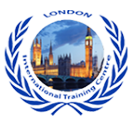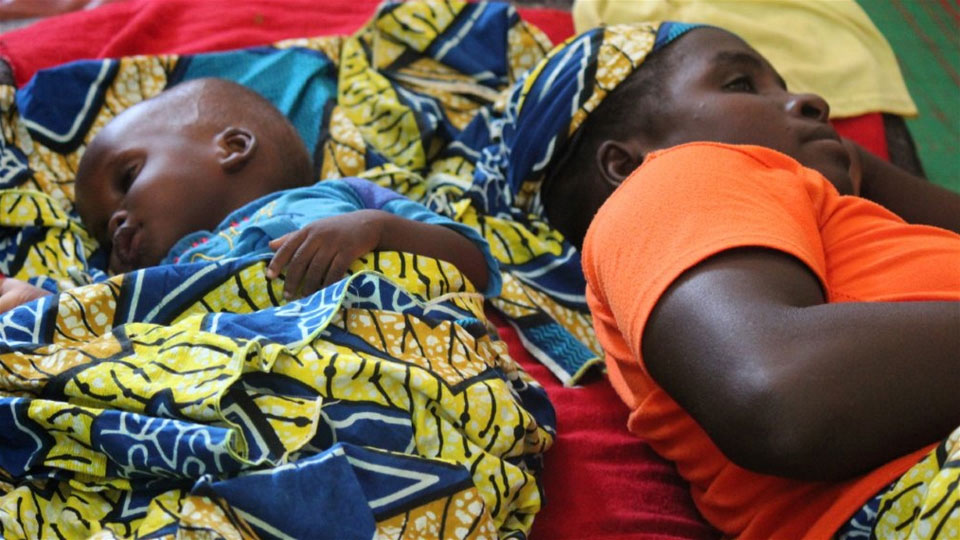UN SEEKS $ 2 BILLIONS IN INTERNATIONAL AID FOR AFRICA SAHEL REGION
 The United Nations and its global humanitarian partners today appealedfor $2 billion on behalf of some 20 million people desperate for food in Africa’s Sahel region, where violence and insecurity has created protracted internal displacement and where population growth is outstripping food production.
The United Nations and its global humanitarian partners today appealedfor $2 billion on behalf of some 20 million people desperate for food in Africa’s Sahel region, where violence and insecurity has created protracted internal displacement and where population growth is outstripping food production.
“More people than ever are at risk in the Sahel and the scale of their needs is so great that no agency or organization can tackle it alone,” said Emergency Relief Coordinator Valerie Amos at the launch in Rome. “The strategic plan for the region will help us reach millions of people with vital assistance, build resilience and save lives,” she underscored.
The Sahel stretches from Mauritania in the west to Eritrea in the east, a vast belt dividing the Sahara desert and the savannahs to the south, which has undergone three major droughts in less than a decade and where more than 20 million people are at risk of hunger and an estimated 5 million children under five are at risk of acute malnutrition.
“Our first priority is to ensure that farmers in the Sahel have a successful planting season in the coming weeks, providing them urgently with agricultural inputs,” said UN Food and Agricultural Organization (FAO) Director-General José Graziano da Silva, adding that the overall goal is to build resilience of the Sahelian population to prevent the next drought from becoming a major humanitarian crisis.
In south-east Niger, for example, a convergence of floods, droughts and conflict in neighbouring Nigeria means that people near the town of Diffa cannot grow enough food to get by.
“We’ve had nothing to eat for ten days,” Mohamed Dala told the UN Office for the Coordination of Humanitarian Affairs (OCHA). “Before the floods I could at times produce 50 bags of peppers as well as millet and maize.”
The three-year strategy comprises country plans for Burkina Faso, Cameroon, Chad, Gambia, Mali, Mauritania, Niger, Nigeria and Senegal. It emphasizes strong partnerships with Governments and development partners, a regional perspective and multi-year time frame to better address the chronic causes of the crises.
On the sidelines of the UN General Assembly’s high-level segment in September, world leaders agreed that collective efforts in region must address urgent humanitarian needs as well as long-term development and security threats, and expressed support for a UN Integrated Strategy put forward by Romano Prodi, the Secretary-General’s Special Envoy for the Sahel.
The Strategy aims to bolster governance, security, humanitarian requirements and development, while enhancing coordination in four spheres between the governments of the region, between members of the international community, reaching out and listening to the people of the Sahel, and within the UN system.
The region includes countries where fighting has forced some 1.2 million people to flee, including in Mali, Nigeria, Sudan and the Central African Republic (CAR), according the UN Office for the Coordination of Humanitarian Affairs (OCHA) warned Monday.
Mr. Prodi, who participated in today’s launch, has warned that the current global economic climate and competing needs elsewhere in the world constricted both the attention and funding required.
Of the $1.7 billion requested in the 2013 appeal for the region, donors were only about to fund about 63 per cent. During a visit to the region last November alongside Secretary-General Ban Ki-moon, World Bank Group President Jim Yong Kim pledged $1.5 billion in new regional investments over the next two years, in additional to significant country programmes, while the European Union (EU) had announced it will provide €5 billion ($6.75 billion) to six countries over the next seven years.
“The situation requires an early and large-scale humanitarian response in almost all countries of the Sahel,” today said Kristalina Georgieva, European Commissioner for International Cooperation, Humanitarian Aid and Crisis Response. “The European Commission will give €142 million in humanitarian aid in 2014. More contributions from international donors are needed as soon as possible to meet the basic needs of the people in the Sahel.”
NEWS

London International Training
Centre
Claim House 27 Aintree
Road Perivale London,
Middlesex UB6 7LA
United Kingdom
Tel: +44(0) 20 8998 8866
Fax: +44 (0)20 8998 8869
E-mail: info@londonitc.org.uk
Website: www.londonitc.org.uk





